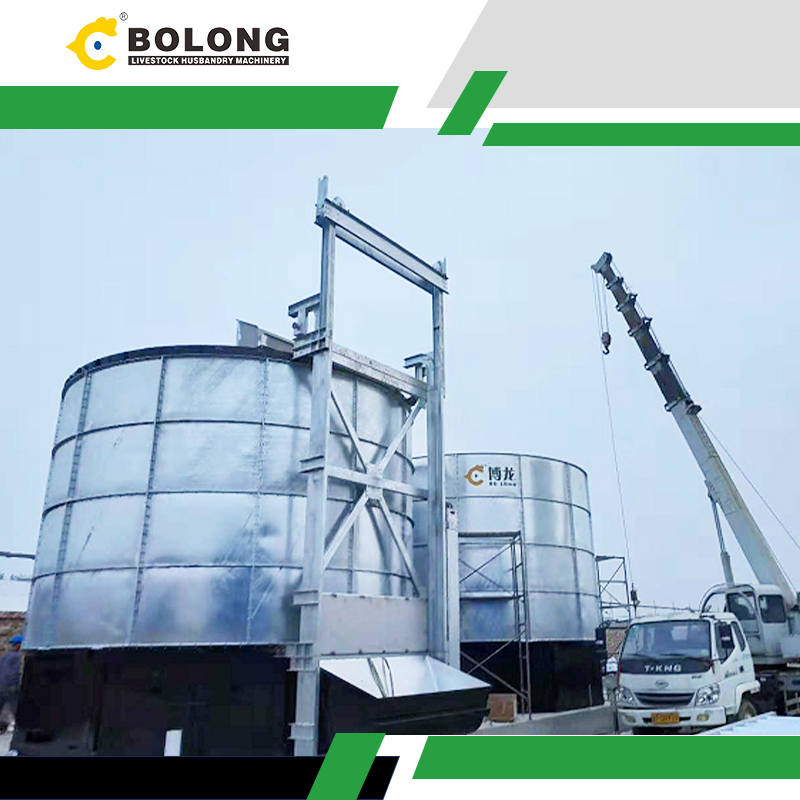
Potential of combined reactor and static composting - PubMed
However, there is limited research on the heavy metals and antibiotic resistance genes (ARGs) during compost CM. In this study, the combined application of reactor and static composting (RSC) was used to produce organic fertilizer of CM (OCM), and heavy metals, ARGs and bacterial community structure was investigated.
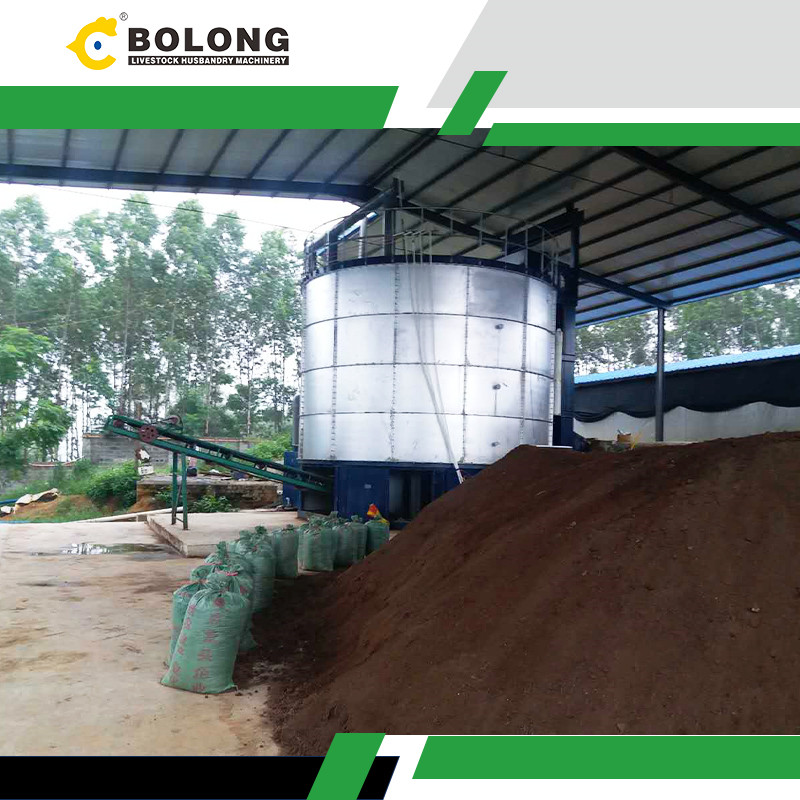
The progress of composting technologies from static heap to
2020/10/10/ · This study aimed to use quantitative data from full-scale composting systems (static heap, windrow composting and reactor composting with 8 t treatment
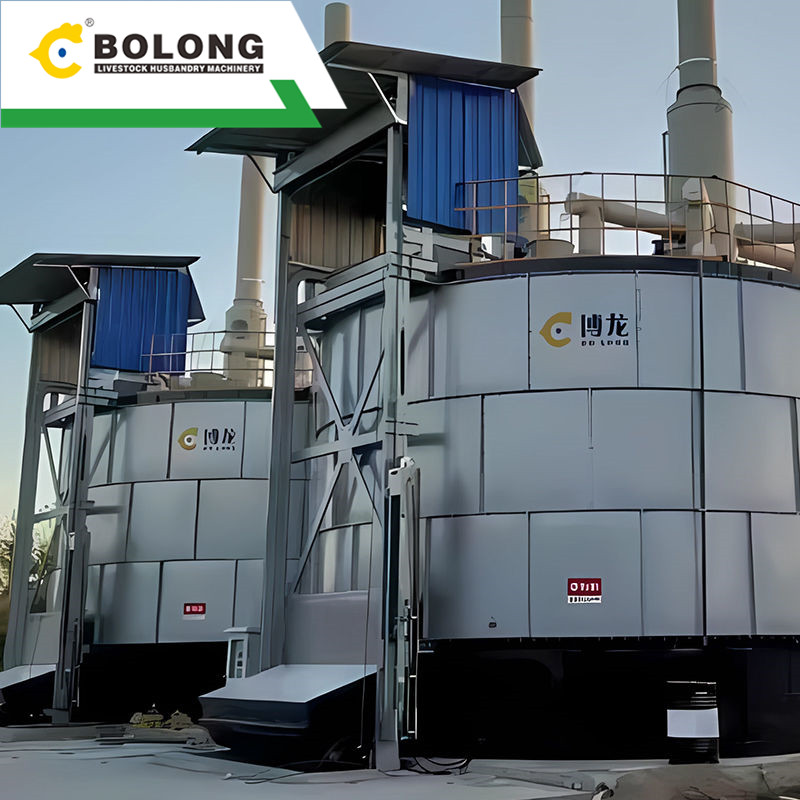
UASB Reactor | SSWM - Find tools for sustainable sanitation and
Executive Summary. The upflow anaerobic sludge blanket reactor (UASB) is a single tank process in an anaerobic centralised or decentralised industrial wastewater or blackwater treatment system achieving high removal of organic pollutants . Wastewater enters the reactor from the bottom, and flows upward. A suspended sludge blanket filters and
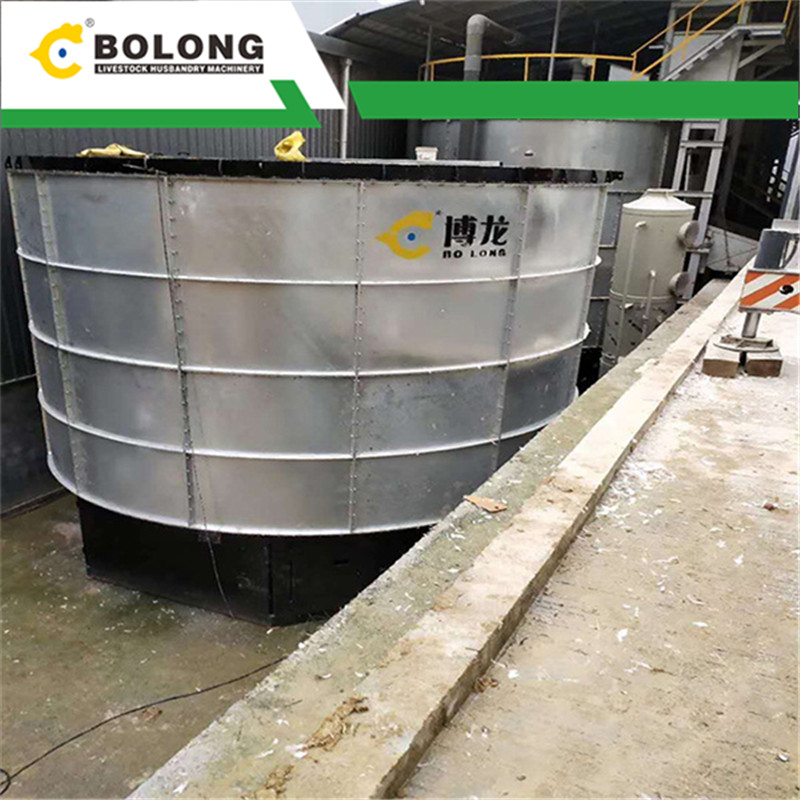
Innovations in design and operation of aeration devices for
2023/1/1/ · The innovation prospects of the composting device include the internal configuration of the composting reactor design and combine with the intelligent control

Changes in Bacterial Communities Accompanied by Aggregation
2008/1/30/ · The contents of fed-batch composting (FBC) reactors often aggregate after prolonged operation. This process leads to irreversible breakdown of the decomposition reaction and possible alteration of the bacterial communities. We compared the structures of bacterial communities in reactors under aggregate and optimal
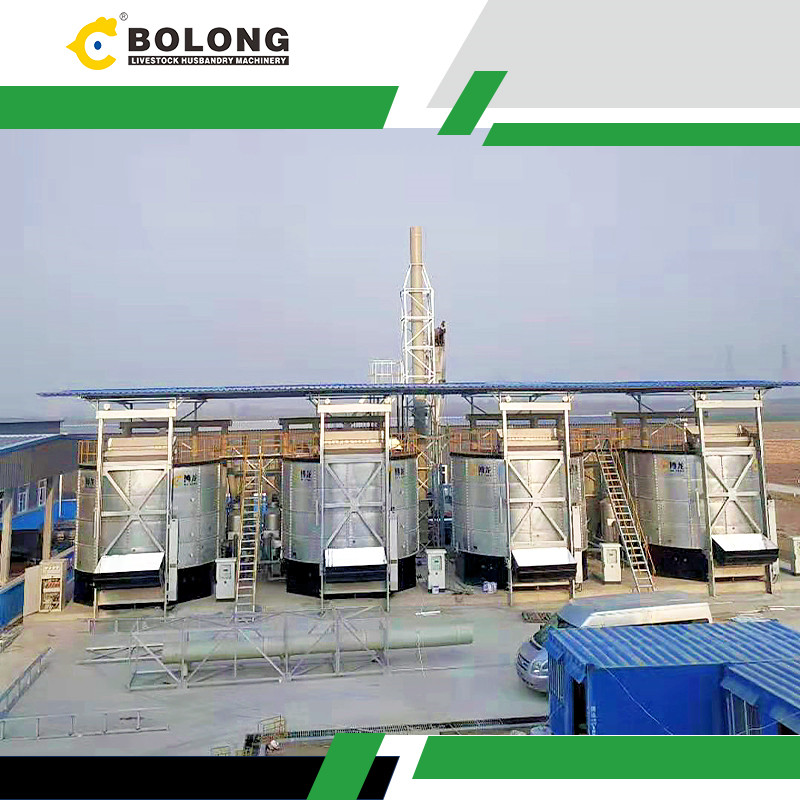
HEAT RECOVERY OF COMPOST REACTORS: FIELD
In this study, selected operational data of eleven compost reactors with internal heat exchangers were analysed with regard to substrate properties, substrate degradation as

SE—Structures and Environment: Gaseous Emissions of
2001/4/1/ · Gaseous emissions and the biological turnover of organic household wastes were studied under controlled conditions in a compost reactor (55°C, moisture content 65% w/w, O2concentration 16% in
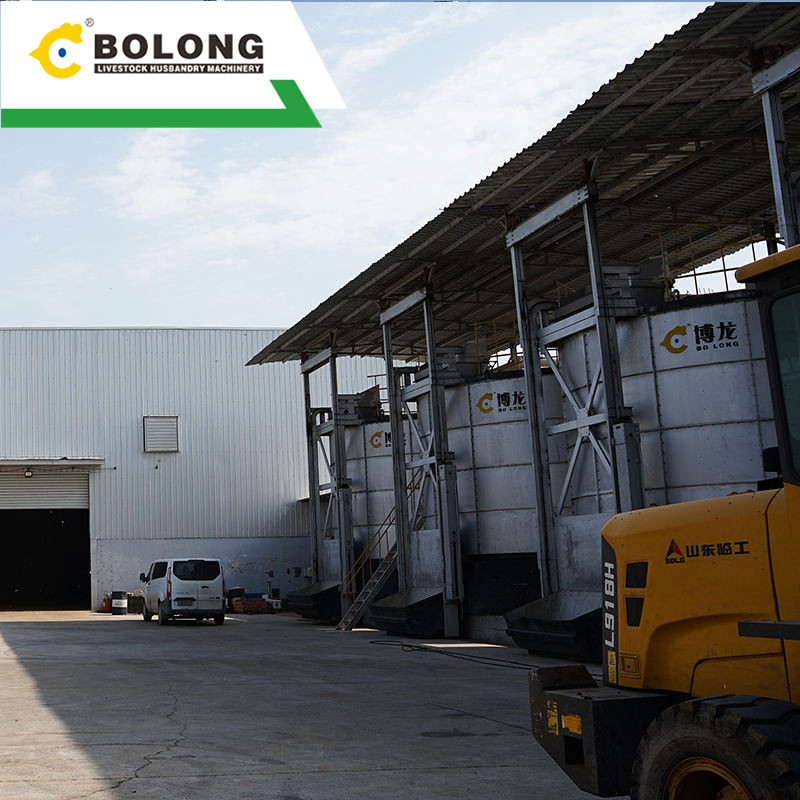
Compost Turner Machine | Shunxin Complete Compost
Chain plate windrow compost facility equipment. The width of the flip chain is 2.0m, and the throwing distance is 4m each time; The width of the fermentation tank is 2, 0 to 9.0 m, and the maximum height of the material layer is 1.8 m; The processing capacity: 65 cubic meters/d; Supporting power: 22 to 45kW;

Premier Reactor Vessel Manufacturing by Red River LLC
A reactor pressure vessel (RPV) is a robust container designed to house the core of a nuclear reactor. Its primary function is to contain and manage the nuclear reactions that produce energy, ensuring that the reactions occur in a controlled and safe environment. The RPV is crucial in containing the radioactive materials and preventing any

Waste to Energy: Heat Recovery from the Compost Reactor
The decision was in (Figure 4 and 7) order to keep the system temperatures above 55°C and activity C2 to D1 in Figure 5 depicted. The water attained 68.4° C and at 20:58 on 9 June 2019 after
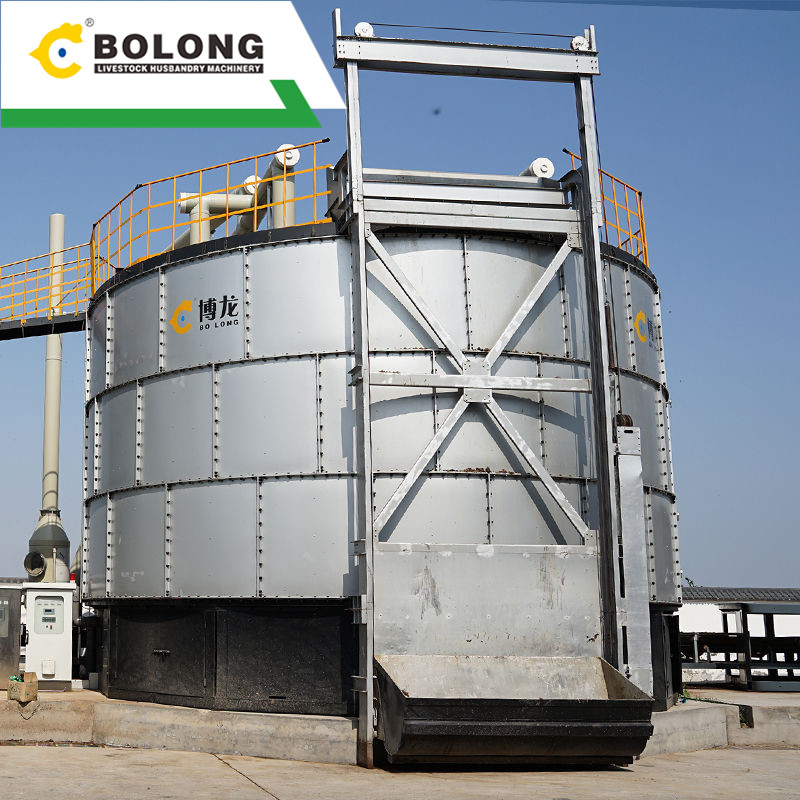
Physical modelling of the composting environment: A
2005/2/1/ · The present study evaluates working performance of rotary drum reactor (RDR) and aerated In tank (AIV) for composting of garden waste. 100 kg garden waste was mixed with 10 kg cow-dung slurry

Reactor systems - GMM Pfaudler
The mechanical design of our reactors ensures safe operation while under pressure or during vacuum in the vessel or jacket. GMM Pfaudler is certified to design and build Pfaudler glass-lined and Equilloy alloy equipment under all major global pressure vessel regulations and codes, including ASME, AD 2000, PED, TEMA, GHOST, SELO, GB150 and KGS.
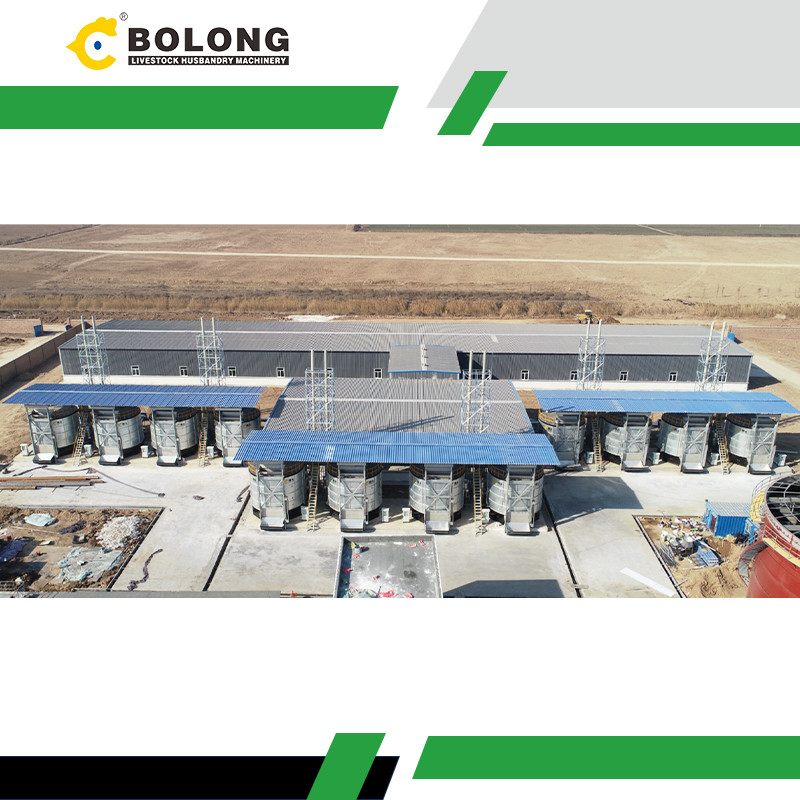
(PDF) Process Optimization of Composting Systems
2017/11/2/ · Process Optimization of Composting Systems 19. ∆ H is the energy produced during synthesis in the microbial body. Because ∆H is 1/160–1/120 of ∆H, ∆H which is also neglected (Kimura. and

Continued Safe Operation (LTO Research Reactors) High Flux Reactor
2019/7/14/ · The HFR is one of the most powerful and versatile Research Reactors in the world. Because of its strategical importance in the medical isotopes production, after 57 years of operating experience a

(PDF) Waste to Energy: Heat Recovery from the Compost Reactor
Similarly, [5] reported compost reactor temperatures of had increased to 33.7°C, the compost reactor temperature 60°C after two days from an In tank tunnel composting went down to 61.9°C. The sudden drop was due to the facility in Scotland and [20] reported 65°C while compost dilution of the COHE water temperature with the cold water